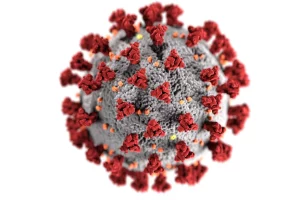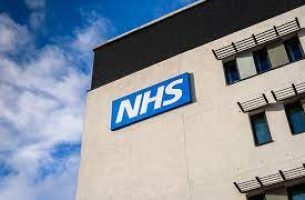10 obesity facts In this article we will describe medical revision notes about obesity. Key Points Obesity is a chronic, multifactorial, relapsing disorder characterised by excess body weight and defined as a body mass index (BMI) of ≥ 30 kg/m2 Complications include cardiovascular disorders (particularly in people with excess abdominal fat), diabetes mellitus, certain cancers, […]
Read More10 psychosis facts In this article we will describe 10 medical revision notes about psychosis; focusing on its symptoms, causes, and treatment. Key Points Psychosis is when people lose contact with reality This often involves seeing or hearing things that other people cannot see or hear (hallucinations) and believing things that are not actually true […]
Read More10 pneumonia facts In this article we will describe 10 in depth facts about pneumonia, focusing on its symptoms, causes, and treatment. Key Points Pneumonia: is an acute lower respiratory tract infection (LRTI) with new radiological consolidation Diagnosis: is based on chest x-ray and clinical findings Causes, symptoms, treatment and prognosis: differ widely depending on: […]
Read More10 Long COVID facts We will now describe 10 in depth facts about Long COVID. Key Points Recovery: most people recover from coronavirus (COVID-19) in 1-2 weeks. In a few people symptoms last longer than 12 weeks – not explained by an alternative diagnosis. Symptoms: vary widely and can affect multiple organ systems, making diagnosis […]
Read More10 sunburn facts In this article we will describe our top 10 sunburn facts and give you some useful tips on preventing it. 1. Definition Reddening, inflammation, and, in severe cases, blistering and peeling of the skin caused by overexposure to the ultraviolet rays of the sun. 2. How common is it? Sunburn is very […]
Read More10 fungal infection facts Key Points Classification Primary fungal infections: Occur in immunocompetent individuals Opportunistic fungal infections: Primarily affect immunocompromised individuals. Types of Fungal Infections Local (Superficial): Involves skin, mouth, and/or vagina (e.g. candidal vaginitis) and can occur in both healthy and immunocompromised hosts Systemic (Deep): Affects internal organs such as the lungs, eyes, liver, […]
Read More10 acne facts In this article we will describe 10 medical revision notes about acne. Key Points Acne vulgaris is characterised by comedones (blackheads and whiteheads), papules, pustules, nodules, and/or cysts It primarily affects the face and upper trunk Most common in adolescents, though it can occur at any age Diagnosis is clinical, made through […]
Read MoreAcute confusion – patient information Here we provide 10 facts for patients about acute confusion (also known as delirium or acute confusional state, ACS), distinguishing it from chronic confusion (e.g. dementia). Key Points Acute confusion is an acute, transient, and typically reversible disturbance in attention, cognition, and consciousness Common causes include almost any infection, metabolic […]
Read MoreWhat can an IAPT help with? Anxiety Depression Life problems. If you are feeling anxious, or depressed, talk to your GP. In England, they can refer you to a NHS counsellor called an Improving Access to Psychological Therapist (IAPT). You can have a course of 6 or more sessions. IAPTs now work within something called […]
Read MoreTop tips for getting the most out of a hospital outpatient appointment There are three stages of a hospital appointment, and each one needs careful planning. Here is a handy checklist to help you plan your appointment. Before Symptoms. Write down details of your symptoms, including when they started and what makes them better or worse Questions. Write […]
Read More








